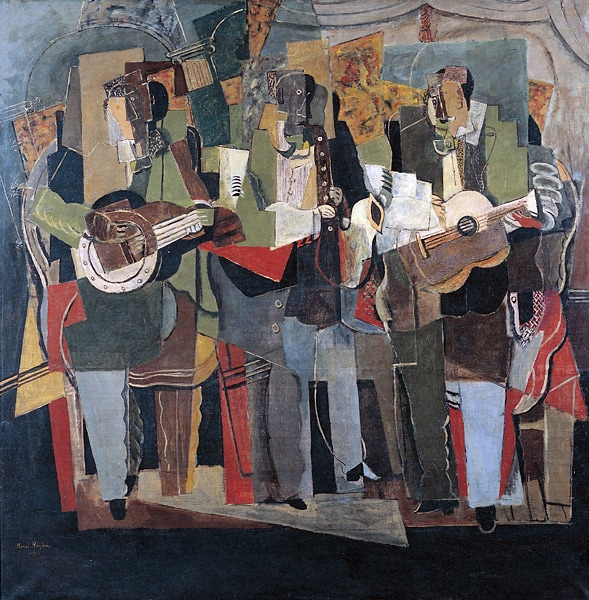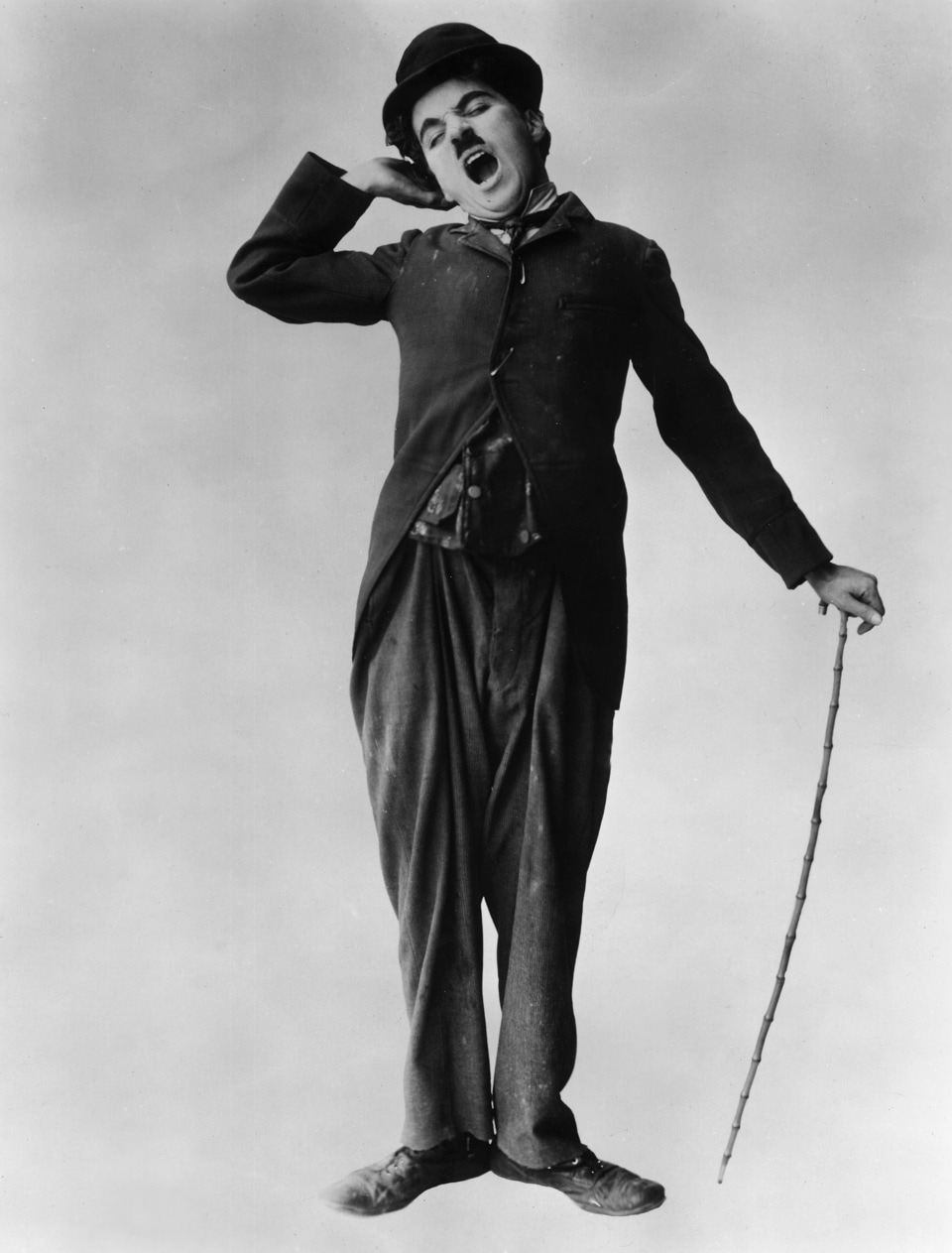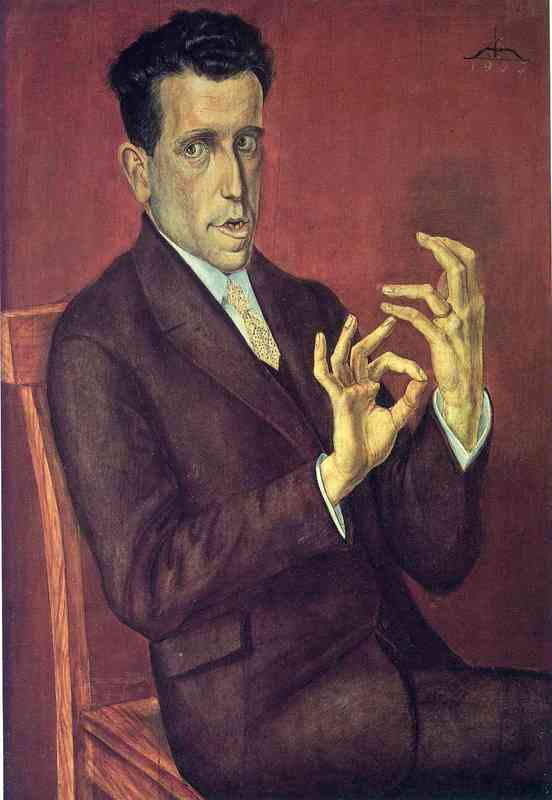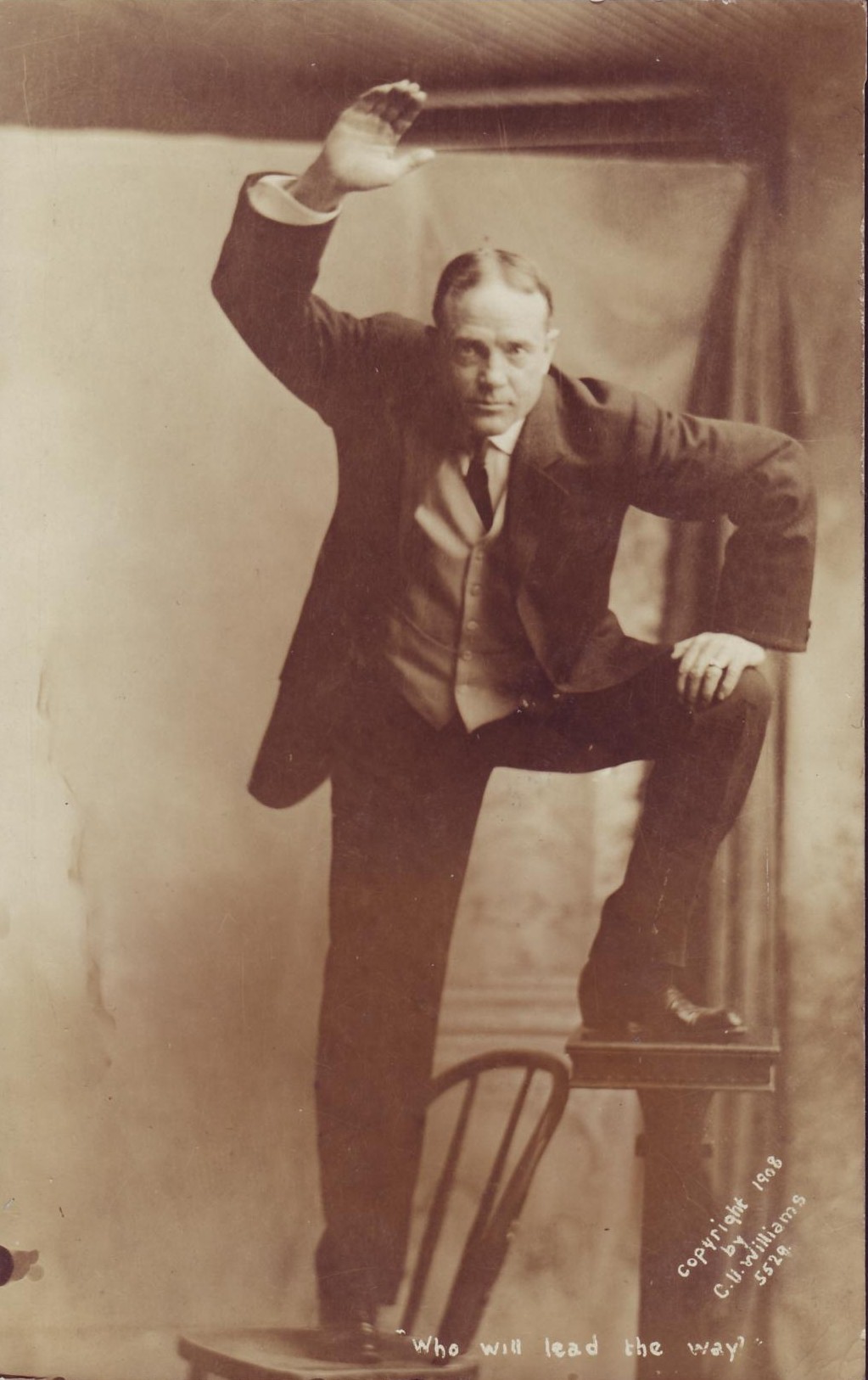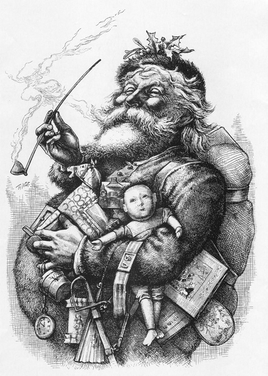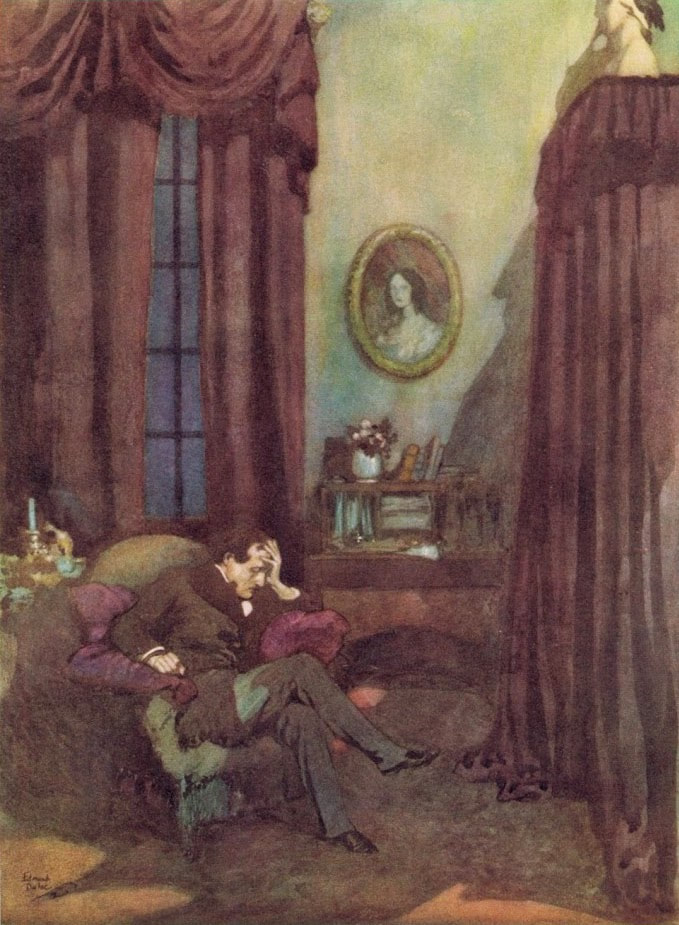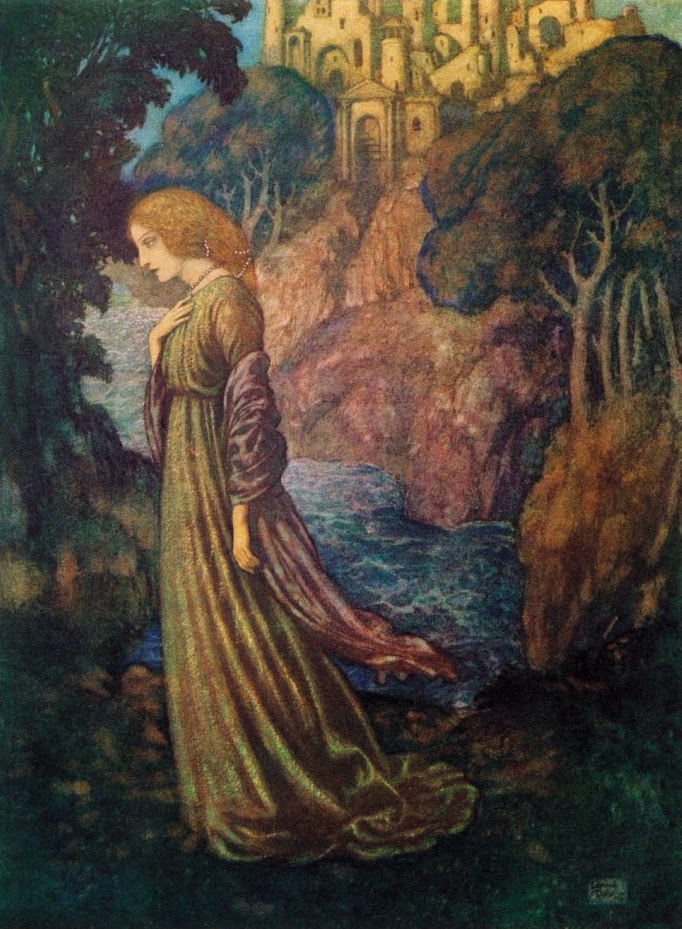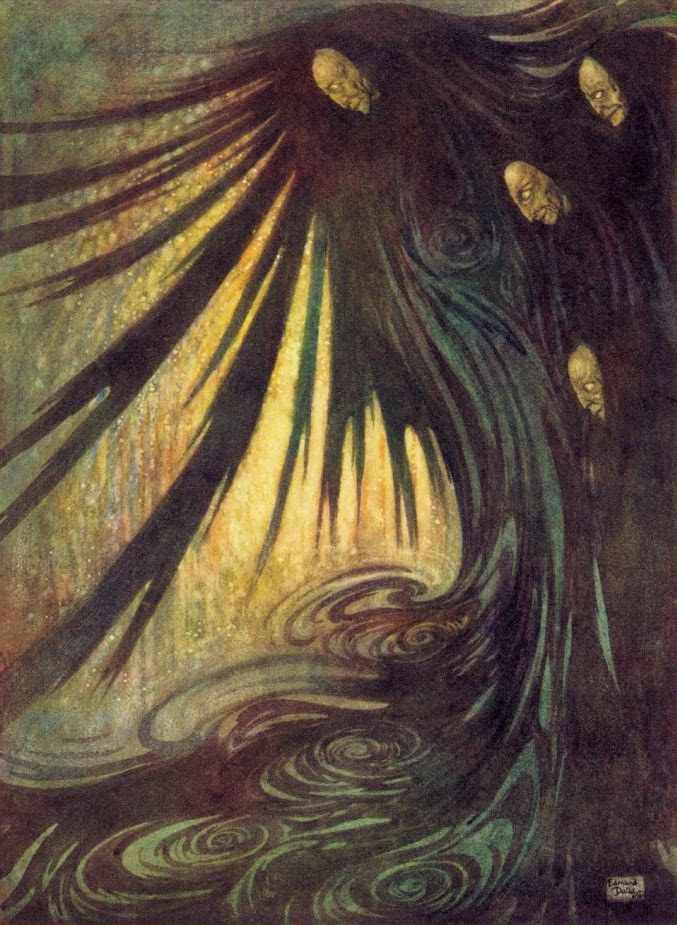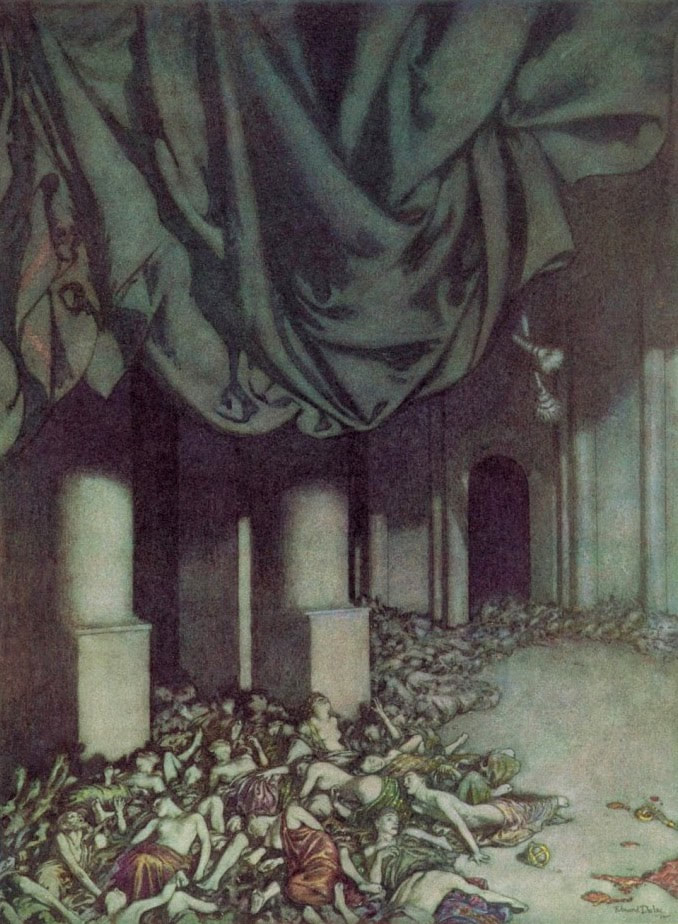|
0 Comments
Disclaimer: Sandburg’s words do not in any way apply to my friends and relatives in the legal profession . . . every one of whom is a fine upstanding citizen who possesses a remarkable sense of humor.
Originally titled “Billy Sunday” after the legendary evangelist.
(Famous today as the man by whom Chicago could not be shut down.)
|
Archives
February 2024
|


